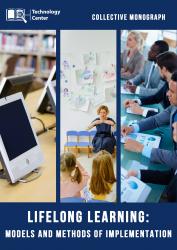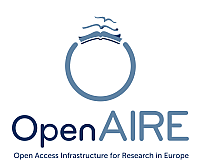Innovative efficiency models in foreign language communication: lifelong learning and multiculturalism
Synopsis
This research aims to design innovative efficiency models for foreign language communication, with a focus on lifelong learning and multiculturalism. The paper proposes the integration of flipped classroom, task-based, and immersion models into a vision of technology application to enhance language learning along with a few others. The key objectives are to: (i) evaluate the effectiveness of flipped classroom, task-based, and immersion models in promoting language learning, lifelong learning, and multiculturalism; (ii) explore the potential of technology application in supporting these models and enhancing language learning; (iii) develop a comprehensive framework that integrates the flipped classroom, task-based, and immersion models with technology to promote efficient and effective language learning; and (iv) provide recommendations for language educators and policymakers on how to implement these innovative models in foreign language teaching and learning. Overall, the findings of the research present an innovative design for efficiency models that incorporate technology and promote lifelong learning and multiculturalism in foreign language communication.
In addition to the proposed design and key objectives, this paper also considers the challenges and implications of implementing innovative efficiency models in foreign language communication. One major challenge is the need for training and support for both educators and learners to effectively utilize technology and innovative teaching methods. Another challenge is the potential for unequal access to technology and resources, which may disadvantage some learners. The implications of implementing these models are far-reaching. By promoting lifelong learning and multiculturalism, learners can develop intercultural competencies and expand their perspectives. This can contribute to a more inclusive and interconnected global community. Additionally, incorporating technology into language learning can improve access to resources and increase efficiency, ultimately enhancing the quality of education.
In conclusion, while there are challenges to implementing these models, the potential benefits and implications are significant, making them a worthwhile pursuit in the field of foreign language communication.
Downloads
Pages
Published
Categories
License

This work is licensed under a Creative Commons Attribution-NonCommercial-NoDerivatives 4.0 International License.








